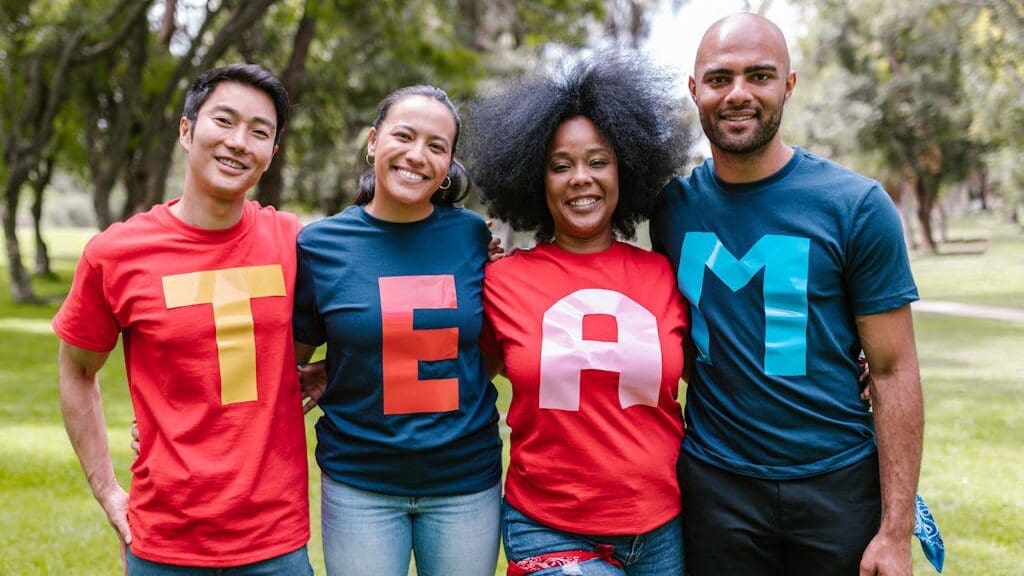How Cognitive Distortions Affect Team Leadership and Organizational Success
In the sphere of career coaching, the subject of cognitive distortions in team leadership is often overlooked but incredibly vital. These distorted thought patterns can significantly influence a leader’s ability to manage a team effectively and achieve organizational goals. This article aims to explore the impact of cognitive distortions in team leadership and offer actionable solutions for overcoming them. For a deeper dive into the neuroscience of distorted thinking, you may find our article on Cognitive Distortions: The Neuroscience Behind Skewed Thoughts enlightening.
Psychological Mechanisms of Cognitive Distortions in Team Leadership
- Black-and-White Thinking: This involves viewing situations in extreme terms, such as “good” or “bad,” which can lead to poor decision-making and team conflict.
- Personalization: The tendency to take events personally can affect a leader’s objectivity and ability to manage team dynamics effectively.
- Jumping to Conclusions: This cognitive distortion involves making assumptions without sufficient evidence, which can lead to misunderstandings and poor team morale.
Strategies to Mitigate Cognitive Distortions in Team Leadership
To counteract the negative effects of cognitive distortions on team leadership, consider the following approaches:
- Self-Awareness: Recognizing your own cognitive distortions is the first step toward addressing them.
- Open Communication: Creating a culture of open dialogue can help leaders and team members identify and challenge distorted thinking.
- Leadership Training: Specialized training programs can equip leaders with the tools to identify and manage cognitive distortions effectively.
Long-Term Solutions for Addressing Cognitive Distortions in Team Leadership
Addressing cognitive distortions is a continuous process that requires long-term commitment. Here are some sustainable solutions:
- Peer Feedback: Regular feedback from team members can provide valuable insights into how cognitive distortions may be affecting leadership styles.
- Mindfulness Practices: Mindfulness can help leaders become aware of their thought patterns and make more balanced decisions.
- Consult with Experts: If cognitive distortions are significantly impacting team leadership, consider seeking advice from career coaches or psychologists specializing in this area.
In conclusion, understanding the role of cognitive distortions in team leadership is crucial for both personal and organizational success. By identifying these distortions and employing both short-term and long-term strategies, leaders can create more cohesive and effective teams. For more scientific insights into cognitive distortions, you may want to read our article on Cognitive Distortions: The Neuroscience Behind Skewed Thoughts.






